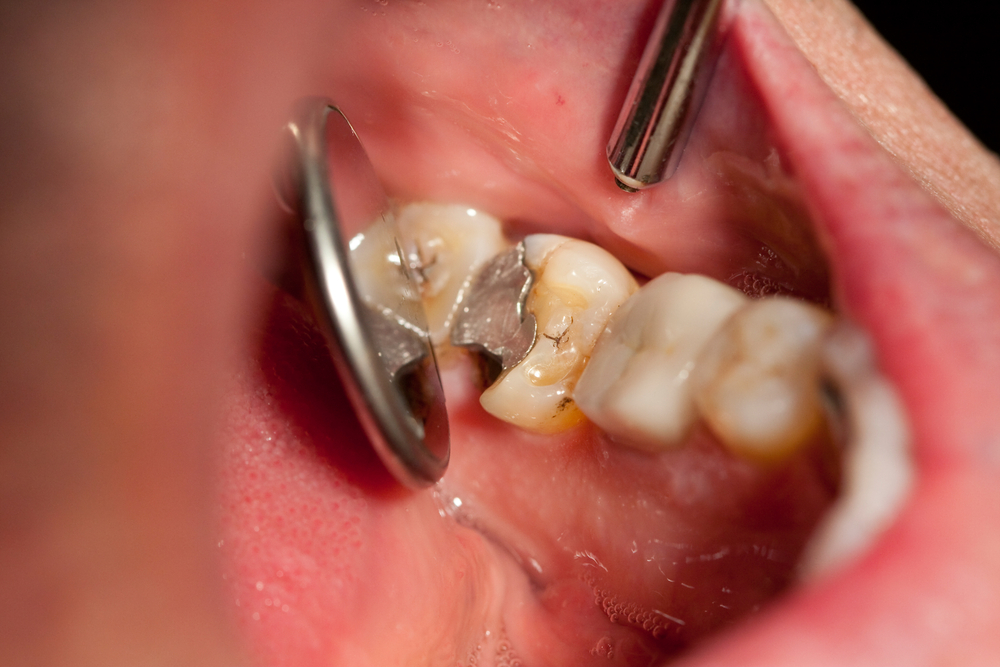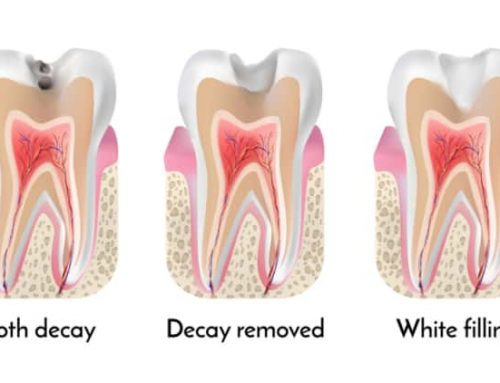As much as we try to prevent cavities, they are still a regular occurrence for many people. When cavities do happen, dental fillings are the most common treatment option. In this blog, we will explore everything you need to know about dental fillings, from what to expect during the procedure to how to care for your fillings afterward.
What to Expect
Getting a dental filling is a relatively quick and straightforward procedure. The first step is for your dentist to numb the area around the tooth with a local anesthetic. Once the area is numb, your dentist will remove the decayed part of the tooth with a drill or laser. After the decay is removed, the dentist will shape the tooth and clean the area to prepare for the filling material. The filling material is then applied in layers and cured with a special light. Finally, your dentist will polish the filling to help it blend in with your natural tooth.

Why Dental Fillings are Essential in Cavity Treatment
When left untreated, cavities can lead to serious dental problems like tooth decay, gum disease, and even tooth loss. Dental fillings are essential in cavity treatment because they stop the progression of decay and prevent further damage to your teeth. Fillings are also important for maintaining the structural integrity of your teeth, allowing you to eat and speak without pain or discomfort.
Maintenance and Care
After you receive a dental filling, it is important to take proper care of it to ensure its longevity and effectiveness. Here are some tips for maintaining and caring for your dental fillings:
- Practice good oral hygiene: Brush your teeth twice a day, floss once a day, and rinse with an antimicrobial mouthwash to keep your teeth and fillings clean.
- Avoid hard or sticky foods: Chewing on hard or sticky foods like ice, hard candy, or popcorn kernels can damage your filling and cause it to crack or break.
- Wear a mouthguard: If you play contact sports or grind your teeth at night, wear a mouthguard to protect your teeth and fillings from damage.
- Schedule regular dental checkups: Your dentist can monitor the condition of your fillings and identify any potential issues early on.
- Avoid acidic foods and drinks: Acidic foods and drinks like citrus fruits, soda, and wine can erode the filling material over time, so it is best to limit your consumption of these items.
The Lifespan of Dental Fillings
The lifespan of a dental filling depends on several factors, including the type of filling material used, the size and location of the filling, and your oral hygiene habits. Here are some general guidelines for the lifespan of different types of fillings:
- Amalgam fillings: Amalgam fillings, also known as silver fillings, can last for up to 15 years with proper care.
- Composite fillings: Composite fillings, also known as tooth-colored fillings, can last for up to 10 years with proper care.
- Gold fillings: Gold fillings are the most durable type of filling and can last for up to 20 years with proper care.
- Ceramic fillings: Ceramic fillings are the most aesthetically pleasing type of filling but are also the most fragile. They can last for up to 10 years with proper care.
It is important to remember that dental fillings are not permanent and may need to be replaced over time. Your dentist will monitor the condition of your fillings during regular checkups and recommend replacement if necessary.
Schedule a Dental Filling Appointment with Dr. Pickett
Dental fillings are an essential part of cavity treatment and maintaining oral health. By understanding the procedure, benefits, and maintenance tips, you can take charge of your dental health and prevent further damage to your teeth.
If you suspect you have a cavity or need a dental filling, we invite you to schedule an appointment with Dr. Pickett at Pickett Family Dental. Our team of skilled professionals will provide you with the highest quality of care and ensure your dental restoration is comfortable and long-lasting. Remember, early detection and treatment of cavities can prevent more extensive and costly dental procedures in the future. Don’t wait, call us today and take the first step towards a healthy and beautiful smile!



